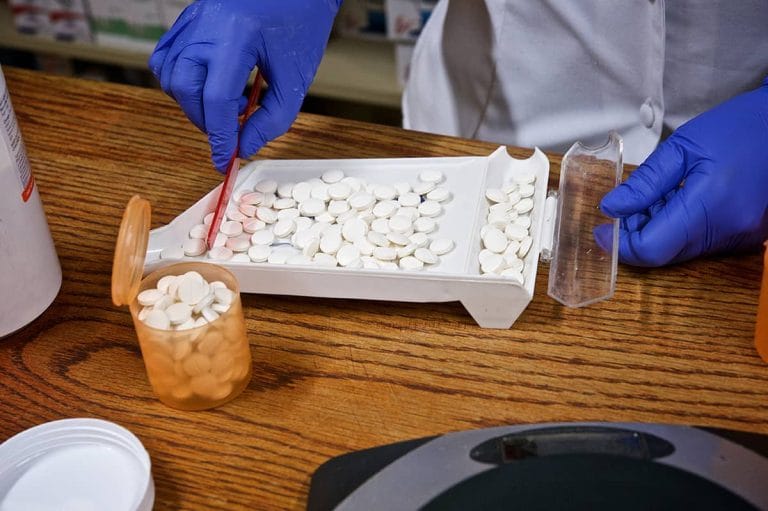🎧 Listen to This Article
A proposed change in the Finance Bill that seeks to move pharmaceuticals from zero-rated to VAT-exempt status has triggered a backlash from health advocates, economists, and industry players. Critics warn the move could push medicine prices, hitting vulnerable households the hardest and undermining Kenya’s goal of universal health coverage.
Under the current system, essential drugs are zero-rated, meaning suppliers can reclaim input VAT from the Kenya Revenue Authority (KRA). The proposed shift to VAT exemption would prevent these claims, effectively increasing the cost of doing business for pharmaceutical companies, which are likely to be passed on to consumers.
Disproportionate Impact on Low-Income Households
“This change, while seemingly technical, would have real consequences,” said a spokesperson for the Kenya Association of Manufacturers (KAM). “The cost of medicines will rise, limiting access to life-saving drugs, especially for the poor.”
Health experts warn that price-sensitive patients especially those with chronic conditions may be forced to skip medications, delay treatment, or resort to informal and unsafe alternatives.
Industry Reaction: “Protect Consumers and Local Pharma”
KAM and other industry stakeholders are urging the government to reconsider the VAT amendment.
“Pharmaceuticals aren’t luxury items. Increasing their cost directly affects lives,” the association said in a joint statement with local manufacturers.
Their call comes amid growing pressure on the government to expand healthcare access and ensure affordable treatment as part of Kenya’s Vision 2030 and Universal Health Coverage (UHC) agenda.
VAT Expert Weighs In
Fred Kimotho, Associate Director at Deloitte Kenya, explained the difference between zero-rated and exempt VAT classifications:
“From a layman’s perspective, zero rating vs exempting goods may seem the same. However, an often-forgotten nuance of the VAT mechanism is the fact that VAT is traditionally meant to be a pass-through cost, borne by the final consumer,” he said.
In practical terms:
- Zero-rated goods: Suppliers don’t charge VAT and can reclaim input VAT
- Exempt goods: Suppliers don’t charge VAT, but cannot reclaim input VAT
“The inability to recover input VAT raises the cost for businesses, which often leads to higher retail prices,” Kimotho added.
Broader Economic and Health Policy Tensions
The move comes amid wider debates on the Finance Bill’s push to expand the government’s tax base — from accessing private data to new levies on digital services. But public health advocates argue that affordability of medicines should remain non-negotiable.
With Kenya still recovering from the financial shocks of COVID-19 and inflation, critics argue that raising the price of drugs could roll back progress in healthcare equity and increase out-of-pocket expenses for millions.
For further details, clarification, contributions, or any concerns regarding this article, please get in touch with us at editorial@tax.news. We value your feedback and are committed to providing accurate and timely information. Please note that our privacy policy will handle all inquiries.



